In season two of Climate Sense, host Samantha Gross focuses on how to transition to a clean, zero–carbon energy system—the technical, political and social challenges in getting from here to there. She‘ll talk to leading experts and government officials on a range of approaches to this zero-carbon goal, including hydrogen, nuclear, and securing critical minerals as well as climate finance, the role China plays in pursuing global emissions reductions, and whether climate activism is moving the needle on climate action. New episodes debut on September 5.
- Listen to Climate Sense on Apple, Spotify, or wherever you like to get podcasts.
- Learn about other Brookings podcasts from the Brookings Podcast Network.
- Sign up for the podcasts newsletter for occasional updates on featured episodes and new shows.
- Send feedback email to [email protected].
TRANSCRIPT
Hi, I’m Samantha Gross, director of the Energy Security and Climate initiative at the Brookings Institution. Season two of climate science is on the way. I’ve spent my career focused on energy and environmental issues and have been in Washington for more than 20 years now, working on energy policy in government and private industry before I came to Brooking. But I started my career as an engineer, designing technical solutions to environmental problems.
In this new season, I’ll focus on how to transition to a clean, zero-carbon energy system—the technical, political and social challenges in getting from here to there. I’ll be talking to leading experts and government officials on a range of approaches to this zero-carbon goal including: hydrogen, nuclear, and securing critical minerals; as well as climate finance, the role China plays in pursuing global emissions reductions, and whether climate activism is moving the needle on climate action.
The first new episode will drop on September 5th, and you can listen wherever you like to get your podcasts. And also learn more at Brookings dot edu slash Climate Sense podcast.
The Brookings Institution is committed to quality, independence, and impact.
We are supported by a diverse array of funders. In line with our values and policies, each Brookings publication represents the sole views of its author(s).

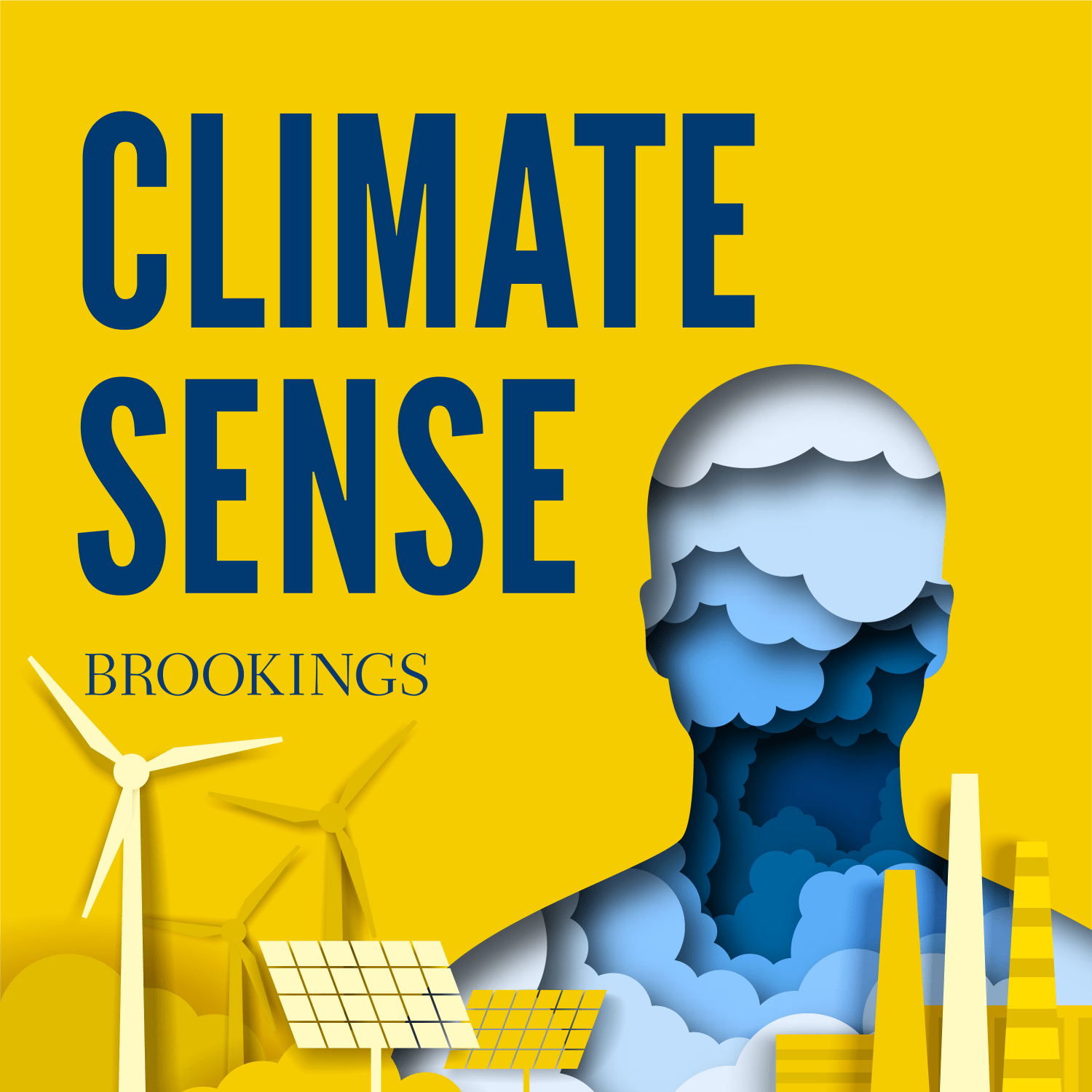
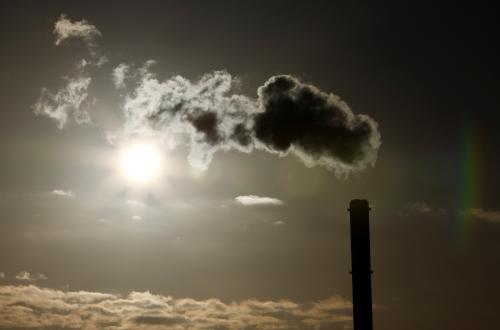
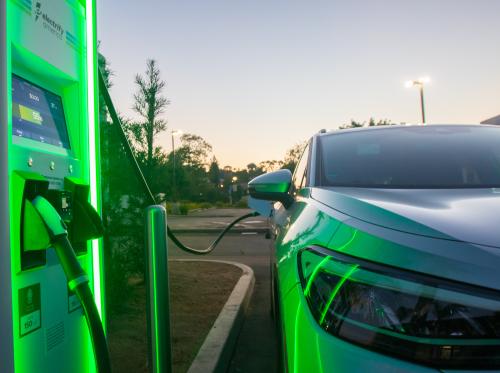
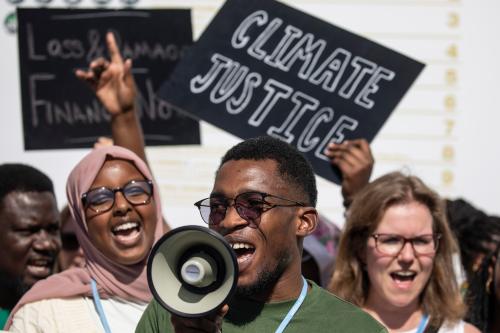

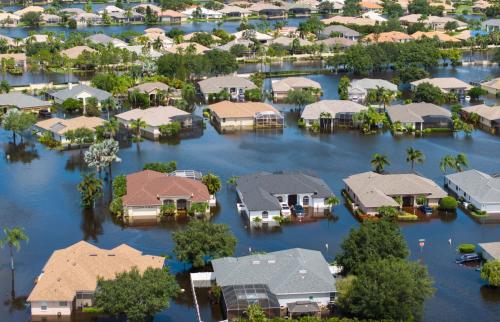
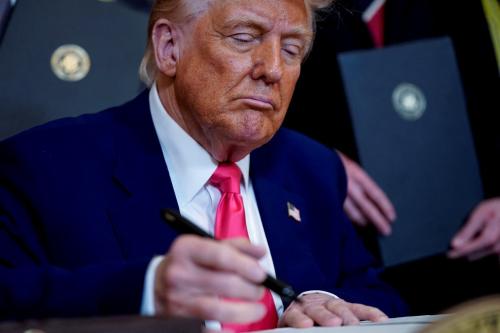
Commentary
PodcastClimate Sense season two explores the transition to a zero carbon energy system
August 29, 2024
Listen on
Climate Sense Podcast